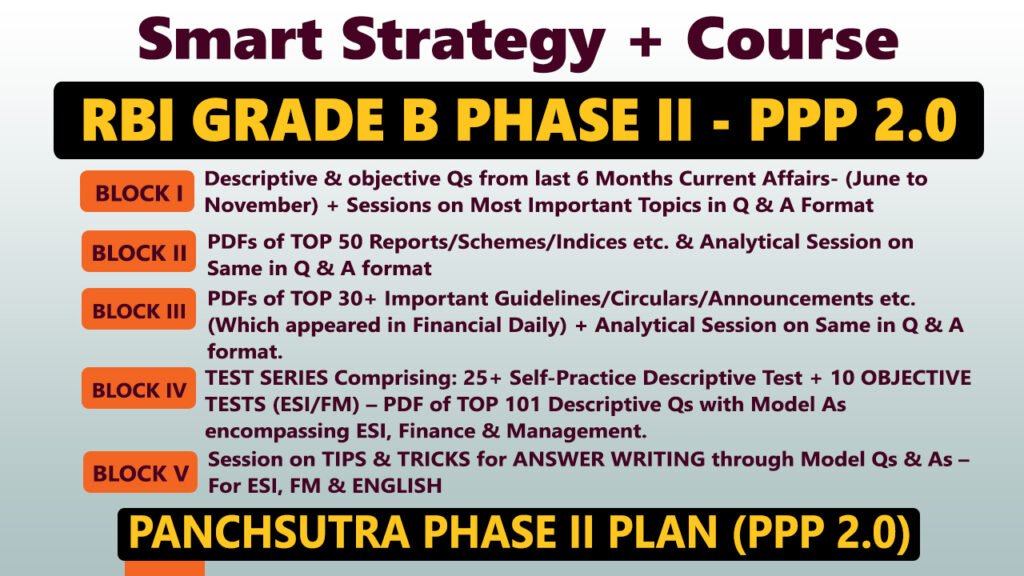Context:
India is unlikely to escalate a dispute at the World Trade Organization (WTO) against the United States over the reciprocal 25% tariffs on steel and aluminium, even though it has formally sought consultations under WTO provisions. This strategic restraint comes in light of ongoing bilateral trade negotiations between the two countries.
Key Highlights
1. WTO Consultation
- India invoked Article 12.3 of the Agreement on Safeguards, initiating consultations with the US.
- Officials clarified this move is procedural, not escalatory, and simply reserves India’s right to retaliate later.
- The request seeks dialogue, not litigation, and does not currently signal intent to file a formal trade dispute.
2. India–US Trade Relations
- This is the first WTO case involving India and the US since both agreed to withdraw seven pending cases under the Biden administration to reset trade ties.
- India asserts the US tariffs are essentially safeguard measures, despite the US claiming a national security exception.
3. US Justification
- The US told the WTO Council for Trade in Goods that the tariff action is a matter of essential security, not a breach of WTO commitments.
- It insists it is not altering or abrogating its WTO tariff bindings.
4. WTO’s Appellate Impasse
- India’s cautious approach is shaped by the fact that the WTO’s Appellate Body remains non-functional, with the US blocking judge appointments.
- Any dispute raised may not reach a binding resolution, weakening the WTO as an effective forum for redress.
Political and Strategic Outlook
- India is prioritizing a bilateral solution over multilateral confrontation, especially as trade talks with the US intensify.
- Officials hinted that joining China’s formal WTO case against the US is unlikely, despite similar tariff impacts.
- “Does the solution lie in mechanisms that are themselves under stress?” asked a senior official, highlighting India’s pragmatic stance.
India’s WTO consultation on US tariffs is best viewed as a procedural safeguard, not a prelude to confrontation. As India and the US engage in intensive trade talks, New Delhi appears committed to a diplomatic resolution, signaling maturity in handling trade disputes in a fractured global trade environment.



















